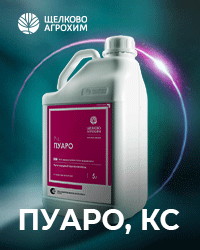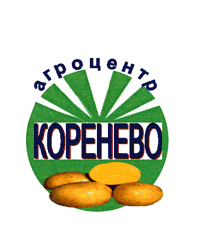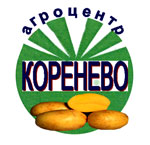UDC 631.87:631.82:631.526:635.112
https://doi.org/10.25630/PAV.2023.71.16.003
Filroze N.A., Borisov V.A., Yanchenko E.V., Bebris A.R.
Research in 2021–2022 on the alluvial meadow soil of the floodplain of the river. Moscow revealed a different reaction of varieties and hybrids of table beet to the use of mineral and organic fertilizer systems. It was found that on an unfertilized background, the highest yield was obtained when cultivating the Mulatka variety (41.4 t/ha) and the F1 Pablo and F1 Red Mario hybrids (41.0 t/ha). Against the background of mineral fertilizers N120P60K180 (calculated for 50 t/ha), the largest yield was obtained on the variety Bagryanets (48.2 t/ha), Mulatka (44.7 t/ha) and Baron (44.4 t/ha), and also in hybrids F1 Pablo (45.8 t/ha) and F1 Red Mario (45.3 t/ha). Against the background of biocompost, varieties Bagryanets (44.2 t/ha) and Baron (44.3 t/ha) and hybrids F1 Red Mario (49.3 t/ha), F1 Pablo (47.3 t/ha) stood out in terms of yield. In terms of responsiveness to mineral fertilizers (N120P60K180), domestic varieties Bagryanets should be noted – 140%, Lyubava – 136%, Baron – 129%. Against the background of biocompost, the largest yield increase belongs to the following varieties: Lyubava – 146%, Bagryanets – 129%. As has been repeatedly noted by ARRIVG scientists, that on root crops (beets, carrots), domestic varieties have the highest responsiveness against the background of NPK (N120P60K180), while foreign hybrids respond better to higher doses of fertilizers and have a higher responsiveness against the background of 2NPK (N220P120K360). Comparing the average indicators of responsiveness by selection groups, we can state the superiority of the group of domestic varieties over the group of foreign varieties both against the background of NPK – 122% versus 110% and against the background of biocompost – 123% versus 118%. Mineral fertilizers in the calculated dose slightly increased the content of nitrates in root crops, but did not have a negative effect on the content of sugars, dry matter and betanine. The use of biocompost increased the sugar content of table beet root crops and somewhat reduced the accumulation of nitrates in products compared to NPK.
Key words: table beet, varieties, hybrids, mineral fertilizers, biocompost, productivity, biochemical quality
Filroze N.A., research fellow of the department of agriculture and agricultural chemistry. E-mail: Suburban_Chevrolet@mail.ru
Borisov V.A., D. Sci. (Agr.), professor, chief researcher of the department of agriculture and agricultural chemistry. E-mail: valeri.borisov.39@mail.ru
Yanchenko E.V., Cand. Sci. (Agr.), leading research fellow of the department of agriculture and agricultural chemistry. E-mail: elena_0881@mail.ru
Bebris A.R., Cand. Sci. (Agr.), junior research fellow of the department of agriculture and agricultural chemistry. E-mail: bebris92@mail.ru
ARRIVG – a branch of FSBSI Federal Scientific Vegetable Centre
- Litvinov S.S. Scientific foundations of modern vegetable growing. Moscow. RAAS. 2008. 776 p. (In Russ.).
- Krug H. Vegetable growing. Moscow. Kolos. 2000. 576 p. (In Russ.).
- Rabinovich A.M., Borisov V.A. Healing vegetable and spicy aromatic plants of Russia. Moscow. Arnebia publishing house. 2008. 510 p. (In Russ.).
- Borisov V.A. Fertilizer system for vegetable crops. Moscow.Rosinformagrotech. 2016. 392 p. (In Russ.).
- Soldatenko A.V., Borisov V.A. Ecological vegetable growing. Moscow. 2022. 504 p. (In Russ.).
- The methodology of experimental work in vegetable growing and melon growing. Moscow. Agropromizdat. 1992. 319 p. (In Russ.).
- Litvinov S.S. Methods of field experience in vegetable growing. Moscow. Rosselkhozakademiya. 2011. 648 p. (In Russ.).
- Guidelines for the design of the use of fertilizers in intensive vegetable growing in open ground. A.L. Ivanov, R.S. Sychev, P.A. Chekmarev, L.M. Derzhavin, V.A. Borisov. Moscow. Rosinformagrotech. 2012. 476 p. (In Russ.).
For citing: Filroze N.A., Borisov V.A., Yanchenko E.V., Bebris A.R. The effectiveness of the use of biocompost and mineral fertilizers for promising varieties and hybrids of table beet. Potato and vegetables. 2023. No1. Pp. 16-19. https://doi.org/10.25630/PAV.2023.71.16.003 (In Russ.).

















